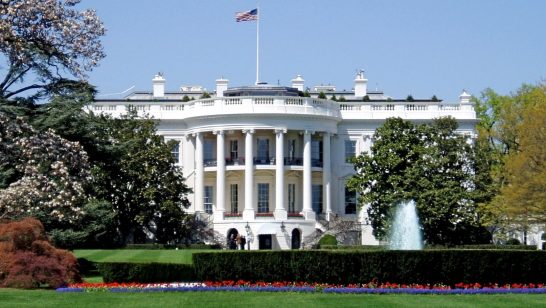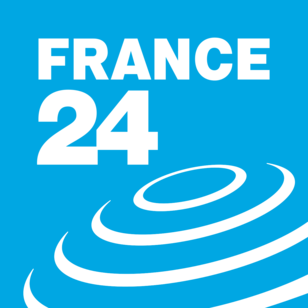
As negotiators work down to the wire in Vienna, much of the debate in the media has been about whether or not there is any set of terms that negotiators for the P5+1 and Iran could converge on that would also be acceptable to U.S. and Iranian hardliners. The same question should be asked about the American and Iranian publics, because President Obama and President Rouhani would be more likely to take some political risks to achieve a deal despite objections, if the outcome had broad popular support.
A study conducted by the Center for International and Security Studies at the University of Maryland (CISSM), the University of Tehran Center for Public Opinion Research, and the Program for Public Consultation, suggests that the Iranian public would support a deal based on the principles of the Nuclear Nonproliferation Treaty, but not one designed to deny Iran what is essentially a latent break-out capability. Depending on the rest of the deal, large majorities of respondents in a nationally representative sample of Iranians were willing to accept the continuation of current international oversight and inspections (76%), additional transparency beyond the measures implemented under the joint plan of action (62%), and not enriching above 5 percent for the duration of the agreement. But comparably large majorities staunchly oppose dismantling half of the centrifuges that Iran is currently operating (70%) and accepting limits on Iran’s nuclear research activities (75%).
Threatening to impose additional sanctions would likely make the public more resistant, not more receptive, to constraints on Iran’s nuclear program. Few Iranians are willing to accept all U.S. demands to get a diplomatic agreement, or believe that the United States would end the nuclear-related sanctions even if all demands were accepted (19%). Those who expect that the United States would reciprocate Iranian cooperation by lifting sanctions are much more likely to support such limits than those who mistrust the United States and the rest of the P5+1.
If Rouhani does not have public support for accepting demands designed around U.S. breakout criteria, would Obama have domestic support for compromises that move toward the Iranian position? A representative sample of Americans were given a carefully vetted background briefing, plus pro and con arguments drawn from congressional debates regarding two options: (A) continue seeking a deal that puts partial limits on Iran’s nuclear program and increases transparency in return for some sanctions relief, or (B) end negotiations and impose more sanctions in a renewed effort to stop Iranian enrichment altogether. Sixty-one percent of Americans (including 62 percent of Republicans) chose the compromise deal.
The findings of these two studies suggest that there is overlap in public preferences about the terms of a negotiated settlement between Iran and the P5+1. Officials should veer outside of the boundaries of common ground outlined by the public at their own risk.
Full results of the survey of Iranian and U.S. public opinion can be accessed here:
http://www.cissm.umd.edu/papers/files/iranian_attitudes_on_nuclear_negotations__final__091614.pdf
http://www.cissm.umd.edu/papers/files/iran_071514.pdf
The opinions articulated above represent the views of the author(s), and do not necessarily reflect the position of the European Leadership Network or any of its members. The ELN’s aim is to encourage debates that will help develop Europe’s capacity to address the pressing foreign, defence, and security challenges of our time.



